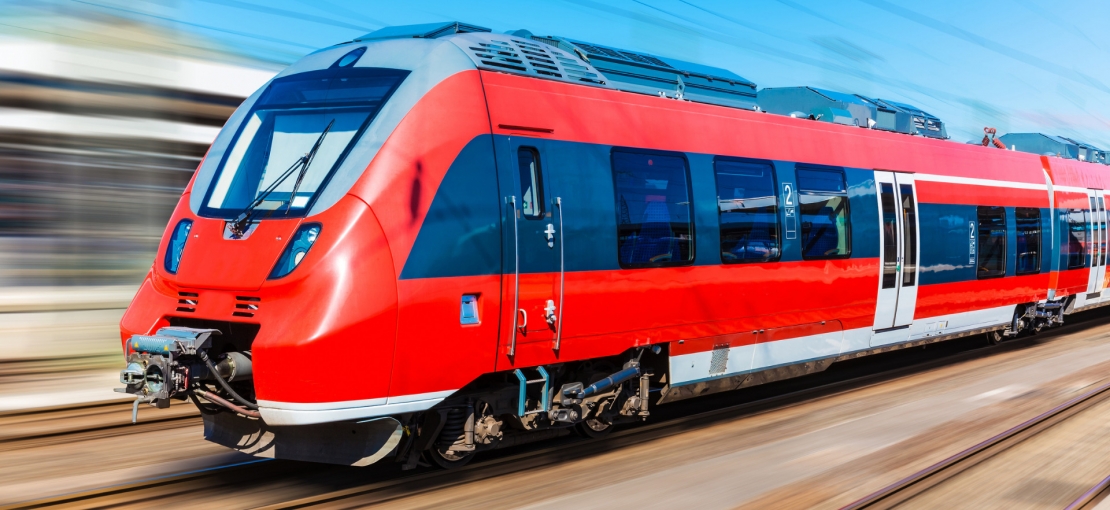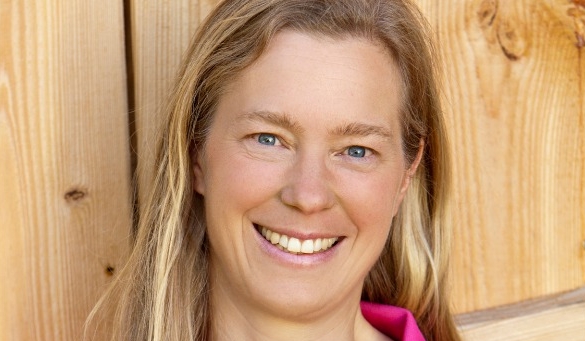
A quarter of all emissions come from business travel
Climate neutral mobility
The VAUDE mobility policy serves to help us reduce business trips as much as possible and to make them as environmentally friendly as possible.
We record all emissions from business travel in our annual carbon footprint and offset them with a climate protection project by the non-profit organization myclimate. Read more here.
Mobility policy for business travel
The VAUDE mobility policy is a voluntary commitment by the company and it applies to all VAUDE employees. Cutting down on travel not only reduces emissions, but also cuts costs and saves time. Web and video conferencing can save many a trip these days. But not all of them.
With the growth of the company – more employees, more products, more production, more customers, etc. – reducing business travel is truly difficult. Furthermore, the scarcity of public transport between most VAUDE employee homes and our (otherwise beautiful) rural location within Germany means that finding the right mix of ecology, time expenditure and costs for business travel remains a special challenge.
Rail travel rather than air travel
As a general rule, we prefer rail travel to air travel at VAUDE – especially within Germany and on many European routes. We have defined a “pain threshold” for the preference of rail travel – although the cost is often higher and we sometimes have to endure inconvenient connections or delays.
Rail travel is our first choice for distances up to 600 km (second choice: carpooling). For stretches over 600 km and an increase in travel time of at least 30 %, flying is allowed.
Theoretically, this is a reasonable requirement. In practice, however, we still very often have to make compromises: from Obereisenbach to a conference in Berlin by train, for example, means either an additional night in a hotel or a stretch by air travel.
Even flying is anything but easy for us, as our easily accessible regional airports no longer offer direct flights within Germany to Berlin or Hamburg.
New approaches and flexibility are required
Our goal remains to significantly reduce emissions from business travel. A new approach is required – and not only at VAUDE – away from car travel and towards an individualized blend of "door-to-door" mobility that's adapted to each specific journey, consisting of bus, train, car sharing or rental bike, preferably digitally networked.
We can all make a difference: each one of us (Why not enjoy a business trip by rail instead of sitting in a traffic jam?), the company (Why not create incentives for executives to forego their company cars?) and the political system, which could, for example, expand railway lines or provide tax incentives for eco friendly transport.
The challenge of switching to low-emission vehicles
We explain how we are making our company fleet more environmentally friendly and how difficult this is to accomplish here.

»Environmentally friendly mobility challenges us all: each one of us individually, the company, the automobile industry and the political system.«
| GRI: | 302-1 |
| GRI: | 302-2 |
| GRI: | 302-3 |
| GRI: | 302-4 |
| GRI: | 305-3 |




